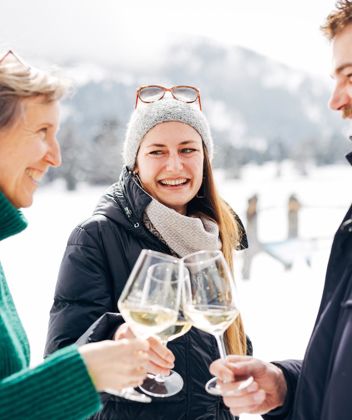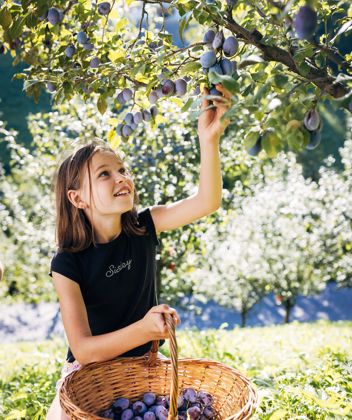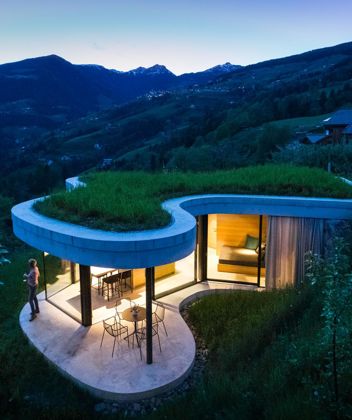Which varieties of wine thrive in the Eisacktal valley – and why?
Nestled between the prehistoric rock forming the Alps and the towering peaks of the Dolomites, the Eisacktal valley provides excellent growing conditions for
white grape varieties, such as the Kerner, Sylvaner, Müller Thurgau, Grüner Veltliner and Riesling. The high and steep vineyards at altitudes of 350 to almost 1,000 metres, the wide range of soils, locations and orientations, the ability to customise the incidence of sunlight to requirements, and the special microclimate are what make the area ideal for white wine varieties.
Why are so many varieties grown here and across South Tyrol/Südtirol?
South Tyrol is located at an intersection between Alpine and Mediterranean vegetation, meaning we have a wide array of soil formations at our disposal. The microclimate changes many times over in the space of just a few kilometres. The range of climatic, geographical and geological factors provides ideal conditions for a vast assortment of red and white grape varieties.
Increasing temperatures are forcing grapes to be grown at higher altitudes. What does this mean for local winegrowers?
South Tyrol has not evaded the noticeable effects of climate change. However, the Eisacktal valley is fortunate in that its vineyards lie at an average of 600 to 800 metres above sea level. Some are even located at altitudes of 900 to almost 1,000 metres. While the grape varieties chosen need to be suitable for these higher altitudes, these dizzy heights have several advantages, including lower temperatures, greater differences in temperature between day and night, and more intense sunlight. This has a positive impact on the constituents of the grapes and creates wines with a more distinctive character.
Texts from: COR 1, COR 2, COR 3 - The local magazine
Interviews with: Fenja Hinze, Alexandra Erlacher 

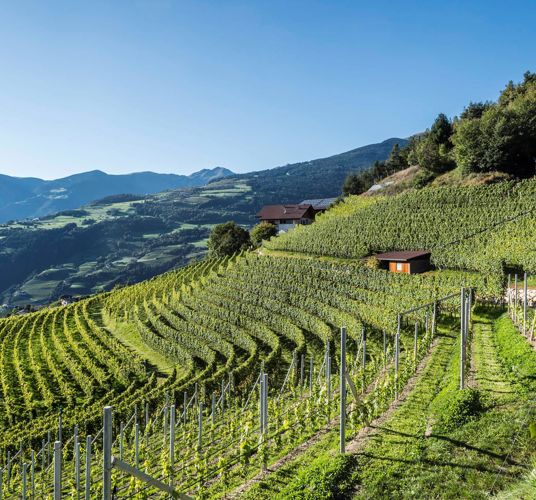
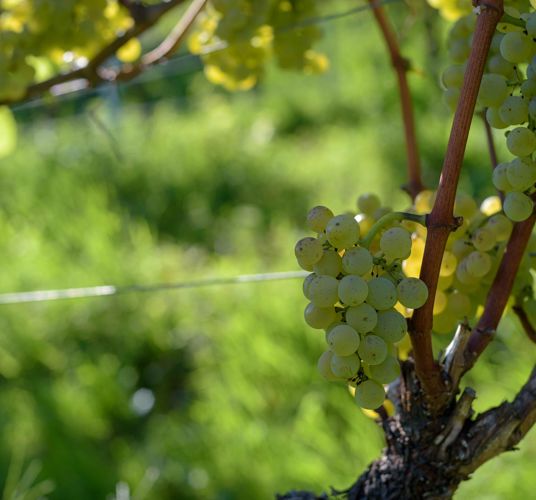
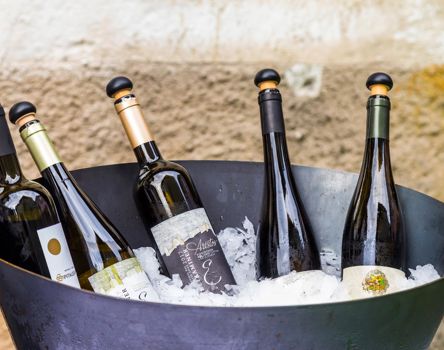
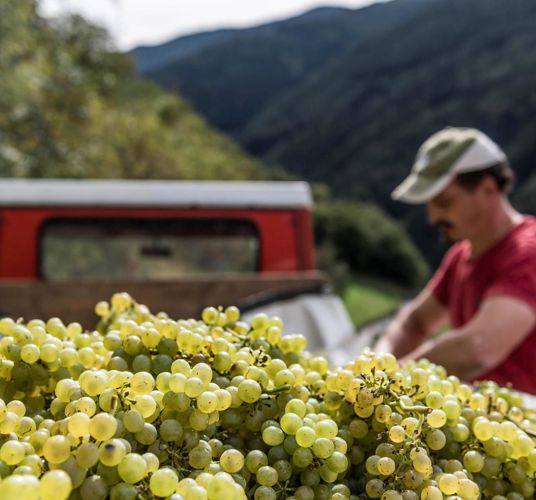
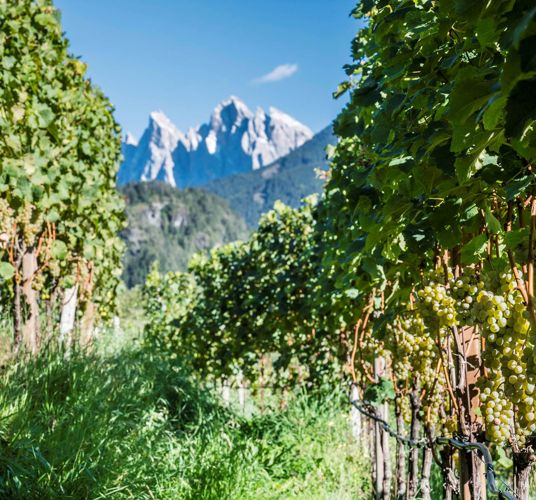
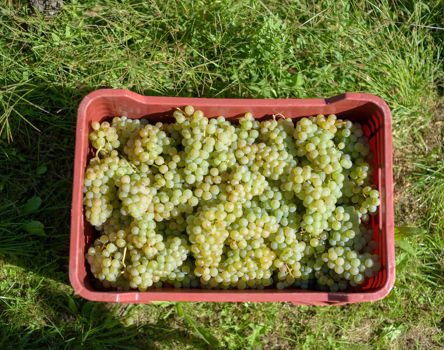
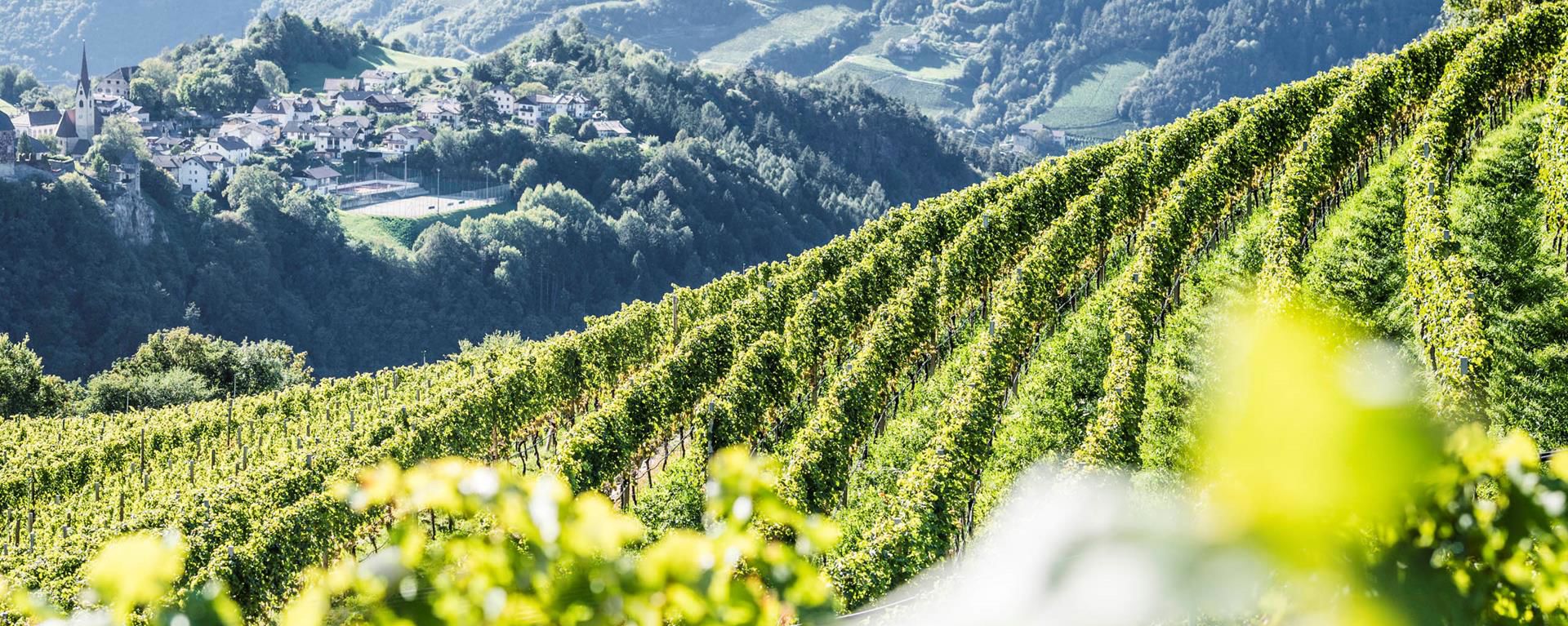
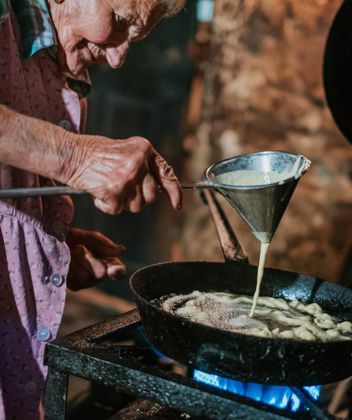
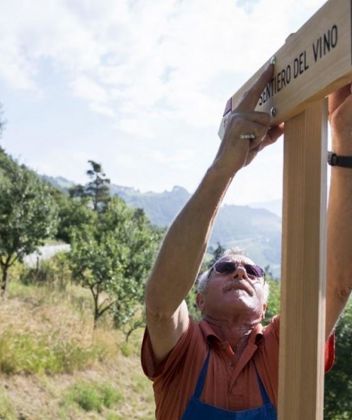
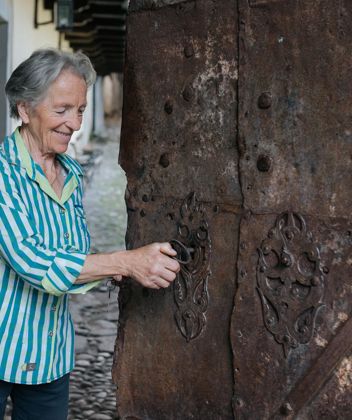
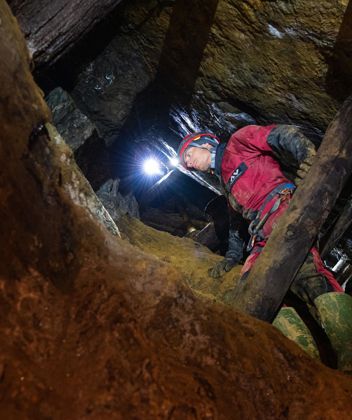
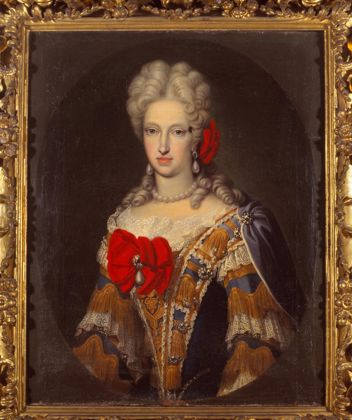
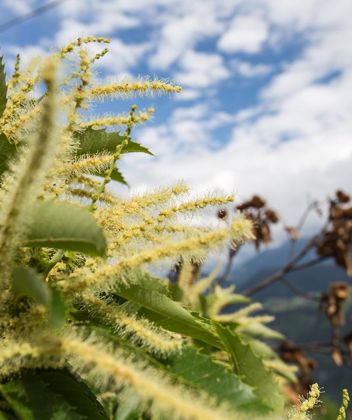
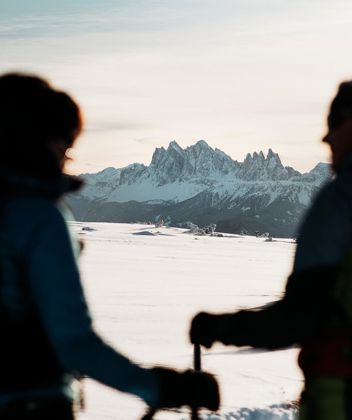
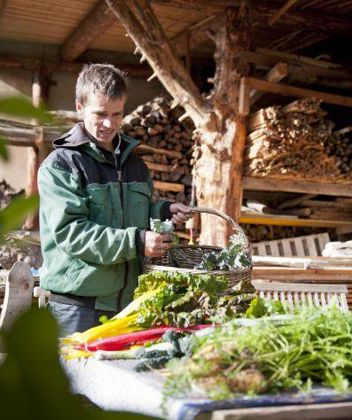

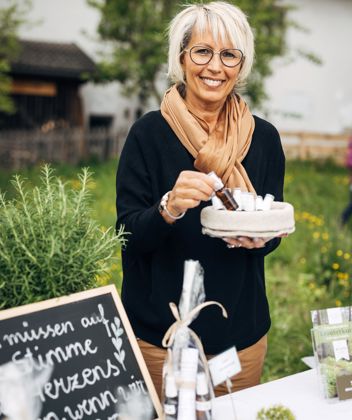
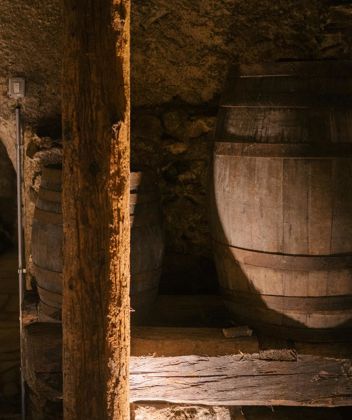
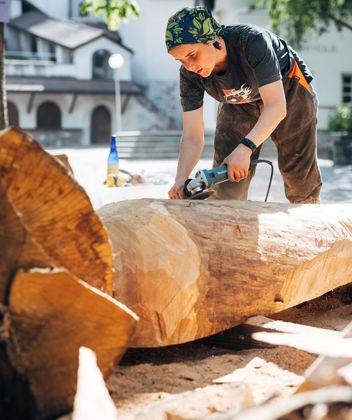
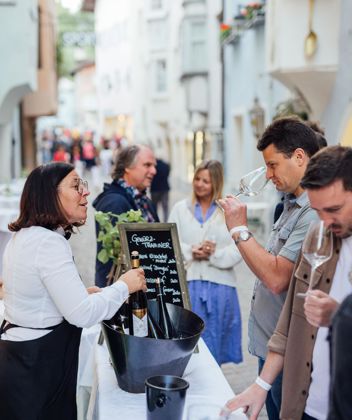
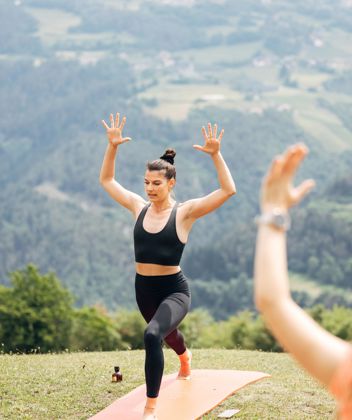
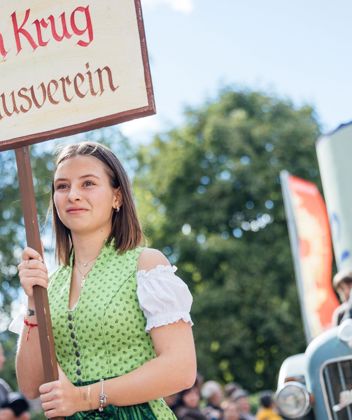
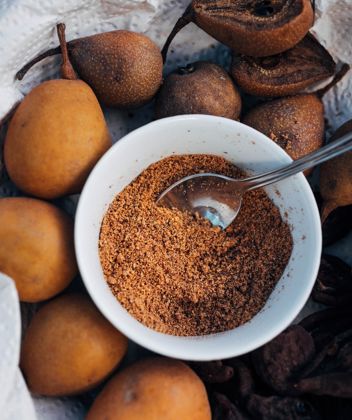
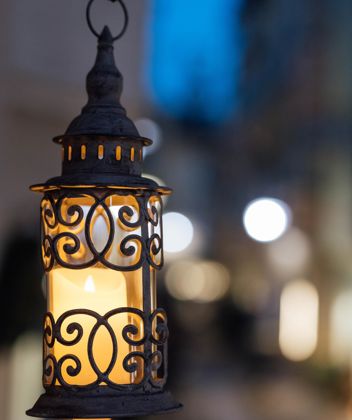
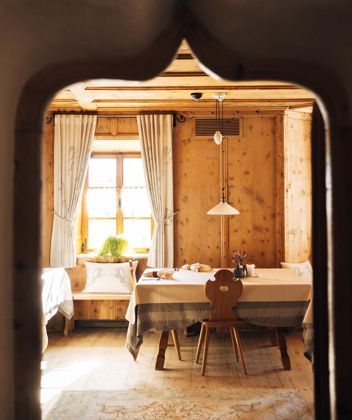
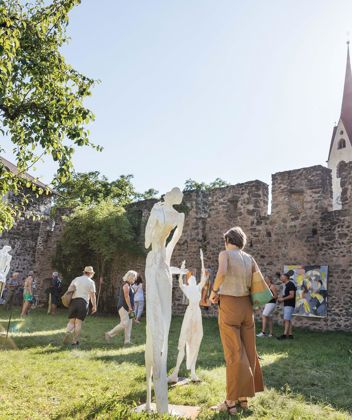_Thomas_Rötting.jpg)
